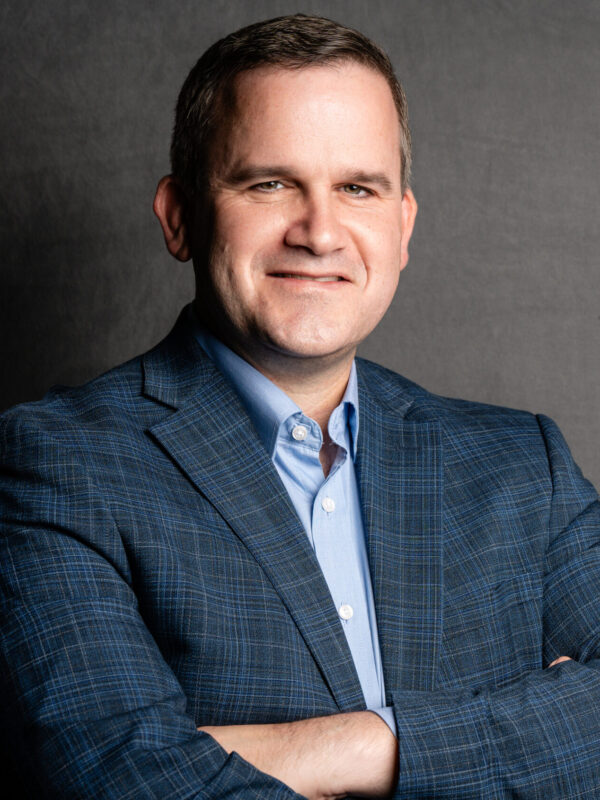Gratitude
13th Annual Summer Seminar
June 26 – June 30, 2023
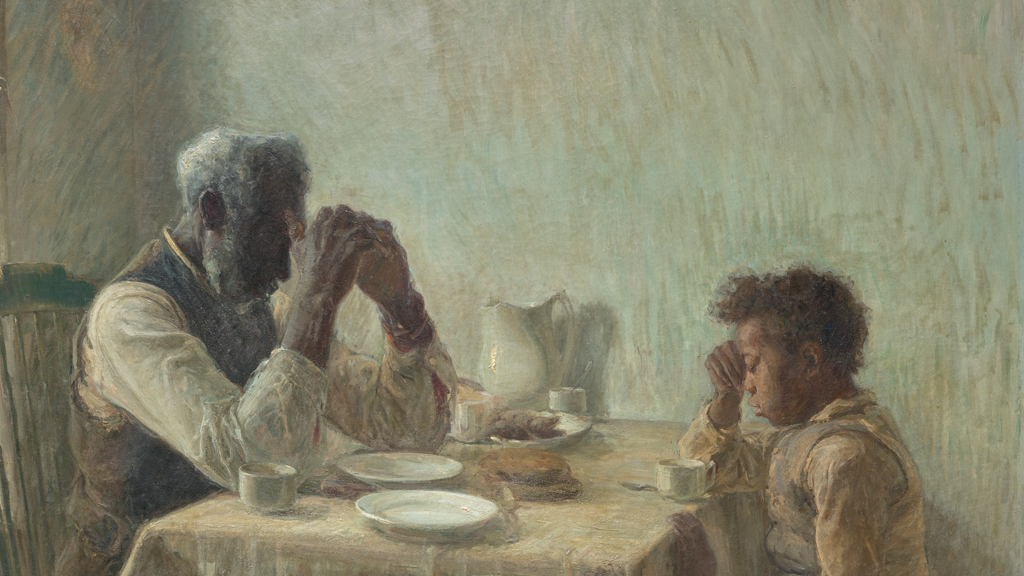
Gratitude is a specific response to God’s love manifested to us by His wonderful gifts.
Dietrich von Hildebrand
Gratitude
The 13th Annual Summer Seminar “Gratitude” was our attempt to answer a culture fraught by questions about gratitude, such as how to be gracious of tradition in spite of emergent evils, the cultivation of gratitude in a social media of envy, isolation, and self-assertion, and what gratitude means in the midst of suffering.
We seek to offer gratitude as an antidote to other challenges, such as feelings of loneliness, resentment, envy, and the self-hatred that oppresses so many today. We will show how gratitude guards against despair, and resists the nihilist attitude that fails to see the value of anything. Ultimately, we propose gratitude as an essential condition of human happiness and human flourishing.
Gratitude Summer Seminar – Videos
Gratitude, It's Obstacles and the Christian Remedy - 2023 Hildebrand Project Summer Seminar
At the 2023 Hildebrand Project Summer Seminar, "Gratitude," Jonathan J. Sanford, President of the University of Dallas, discusses the Christian idea of gratitude in contrast with the philosophical projects of Friedrich Nietzsche and Marxism.
To learn more about Dietrich von Hildebrand, personalism, and the Hildebrand Project, visit: https://www.hildebrandproject.org
Follow us on Social media!
Instagram: https://www.instagram.com/hildebrand_project/
Facebook: https://www.facebook.com/Hildebrandproject
Twitter: https://twitter.com/HildebrandPrj
****
#personalism #catholic #philosophy #DietrichVonHildebrand #politics #Marx #marxism #nietzsche
The Role of Gratitude in Creativity, Art, and Science - 2023 Hildebrand Project Summer Seminar
At the 2023 Hildebrand Project Summer Seminar, "Gratitude," John Henry Crosby and Christopher Haley of the Hildebrand Project, along with Dr. Daniel Kuebler of Franciscan University, discuss gratitude's importance and value in creativity, art, and scientific discover.
To learn more about Dietrich von Hildebrand, personalism, and the Hildebrand Project, visit: https://www.hildebrandproject.org
Follow us on Social media!
Instagram: https://www.instagram.com/hildebrand_project/
Facebook: https://www.facebook.com/Hildebrandproject
Twitter: https://twitter.com/HildebrandPrj
****
#personalism #catholic #philosophy #DietrichVonHildebrand
Gratitude and Great Suffering - 2023 Hildebrand Project Summer Seminar
At the 2023 Hildebrand Project Summer Seminar, "Gratitude," Dr. John F. Crosby (Franciscan University, Professor Emeritus), Rachel Bulman (Word on Fire, Author of "Becoming Wife: Saying Yes to More Than a Dress"), and Dr. James Beauregard (Rivier University), discuss gratitude in the midst of suffering, touching on the phenomenology of pain and the problem of evil.
To learn more about Dietrich von Hildebrand, personalism, and the Hildebrand Project, visit: https://www.hildebrandproject.org
Follow us on Social media!
Instagram: https://www.instagram.com/hildebrand_project/
Facebook: https://www.facebook.com/Hildebrandproject
Twitter: https://twitter.com/HildebrandPrj
****
#personalism #catholic #philosophy #DietrichVonHildebrand
Grateful Acceptance of One's Own Being - 2023 Hildebrand Project Summer Seminar
At the 2023 Hildebrand Project Summer Seminar, "Gratitude," Dr. John F. Crosby (Franciscan University, Professor Emeritus) discusses the importance of accepting one's own being as a gift, and what a life of ontological gratitude looks like.
To learn more about Dietrich von Hildebrand, personalism, and the Hildebrand Project, visit: https://www.hildebrandproject.org
Follow us on Social media!
Instagram: https://www.instagram.com/hildebrand_project/
Facebook: https://www.facebook.com/Hildebrandproject
Twitter: https://twitter.com/HildebrandPrj
****
#personalism #catholic #philosophy #DietrichVonHildebrand
Transhumanism, Euthanasia, and Self Creation - 2023 Hildebrand Project Summer Seminar
At the 2023 Hildebrand Project Summer Seminar, "Gratitude," Amanda Achtman (Dying to Meet You), alongside Dr. Matthew Shea and Dr. Patrick Lee (Franciscan University) discuss gratitude in the face of growing certain types of transhumanism, euthanasia, and a self-creation rooted in philosophies antithetical to the dignity of human life.
Amanda's "Dying to Meet You" blog: https://dyingtomeetyou.com/
To learn more about Dietrich von Hildebrand, personalism, and the Hildebrand Project, visit: https://www.hildebrandproject.org
Follow us on Social media!
Instagram: https://www.instagram.com/hildebrand_project/
Facebook: https://www.facebook.com/Hildebrandproject
Twitter: https://twitter.com/HildebrandPrj
****
#personalism #catholic #philosophy #DietrichVonHildebrand #euthanasia
The Thomistic Approach to Accountability (Eleonore Stump) - 2023 Hildebrand Project Summer Seminar
At the 2023 Hildebrand Project Summer Seminar, "Gratitude," Dr. Eleonore Stump (St. Louis University) discusses Aquinas and the Thomistic approach to accountability. Touching on a variety of Thomistic ideas—including justice, magnanimity, acedia—Dr. Stump provides us with valuable and life-giving insights.
To learn more about Dietrich von Hildebrand, personalism, and the Hildebrand Project, visit: https://www.hildebrandproject.org
Follow us on Social media!
Instagram: https://www.instagram.com/hildebrand_project/
Facebook: https://www.facebook.com/Hildebrandproject
Twitter: https://twitter.com/HildebrandPrj
****
#personalism #catholic #philosophy #DietrichVonHildebrand #EleonoreStump #Thomism
2023 Seminar Faculty
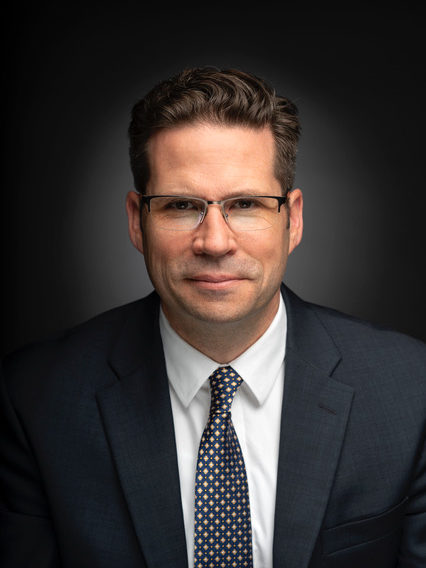
Jonathan J. Sanford
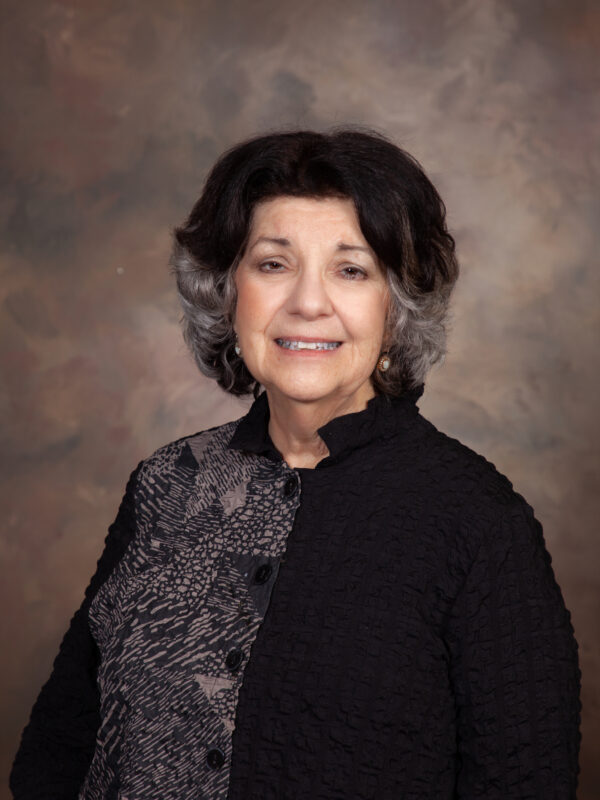
Eleonore Stump
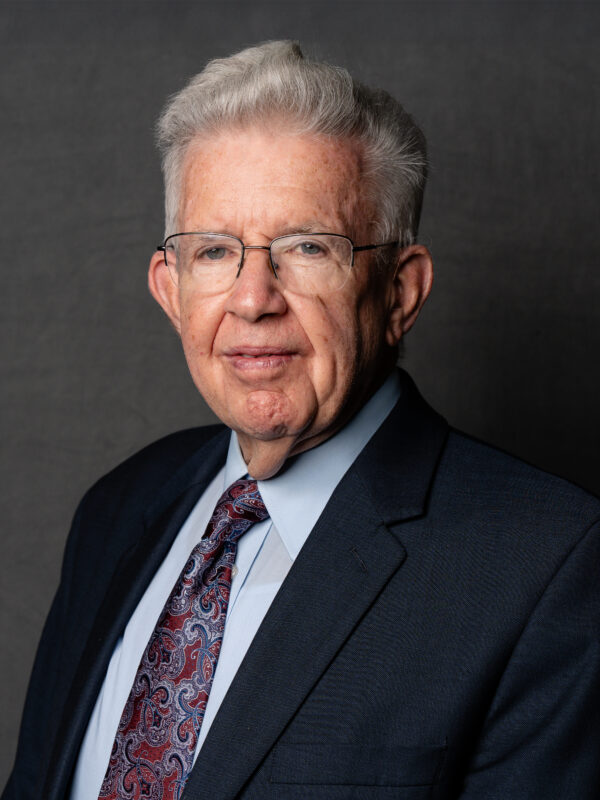
John F. Crosby
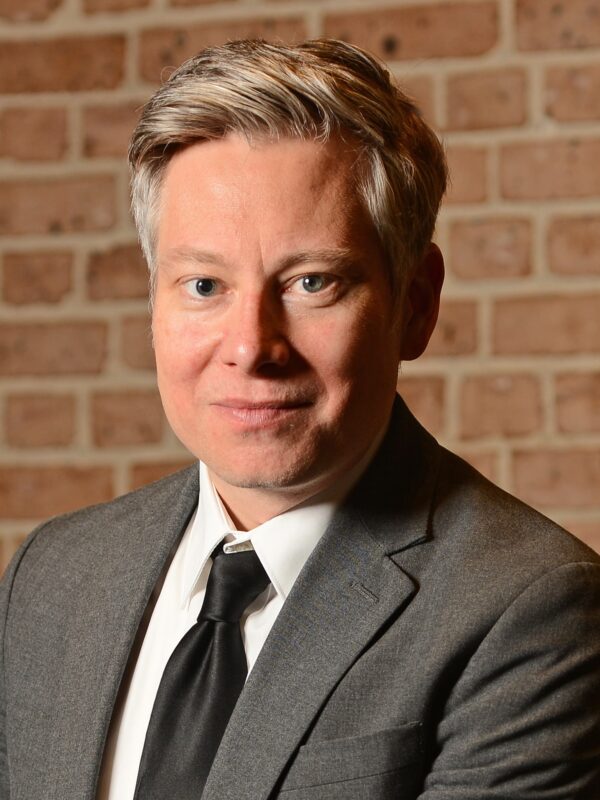
James Matthew Wilson
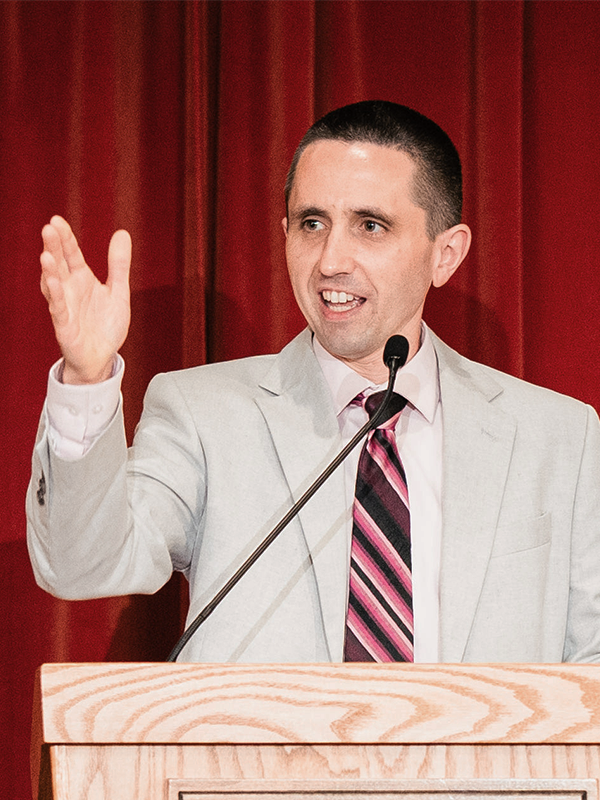
Mark K. Spencer
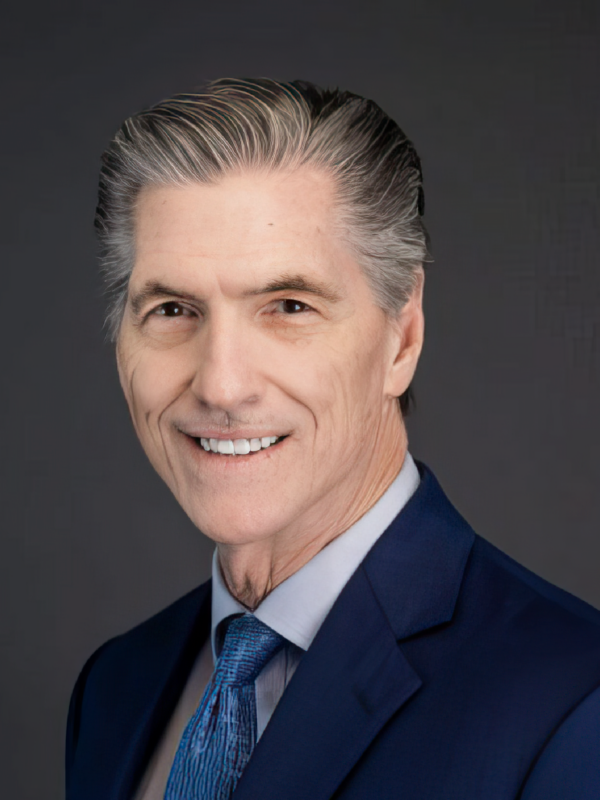
Patrick Lee
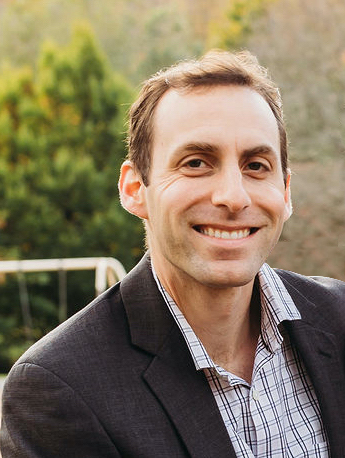
Matthew Shea
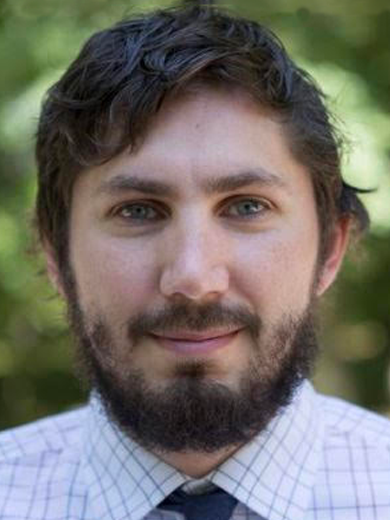
Brandon Dahm
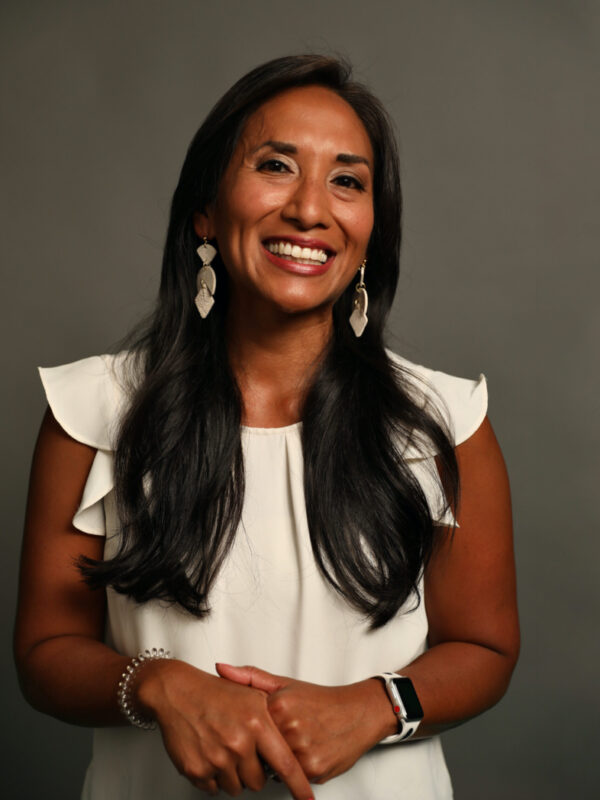
Rachel Bulman
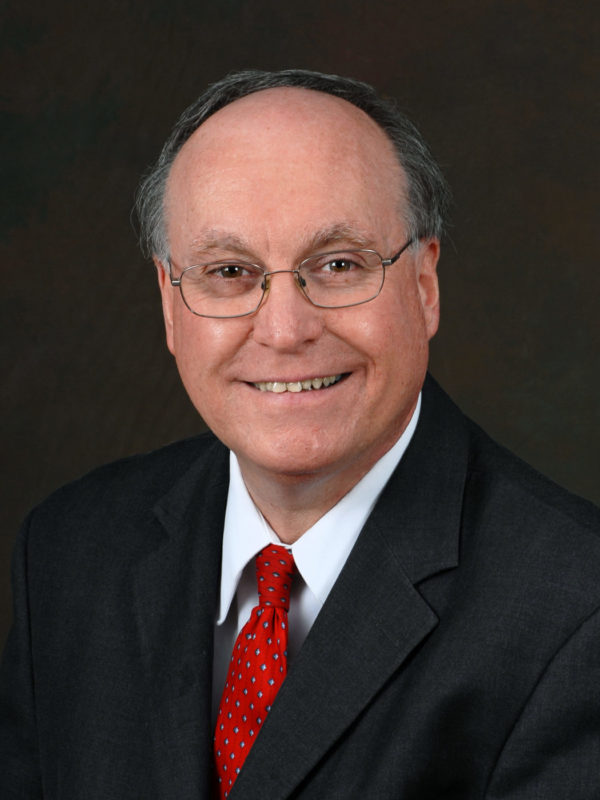
James Beauregard
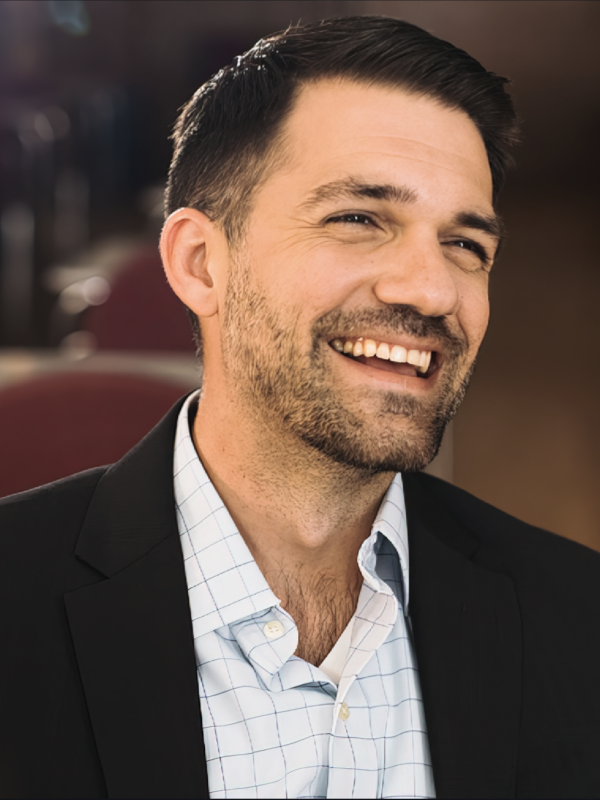
Dr. Gregory Bottaro
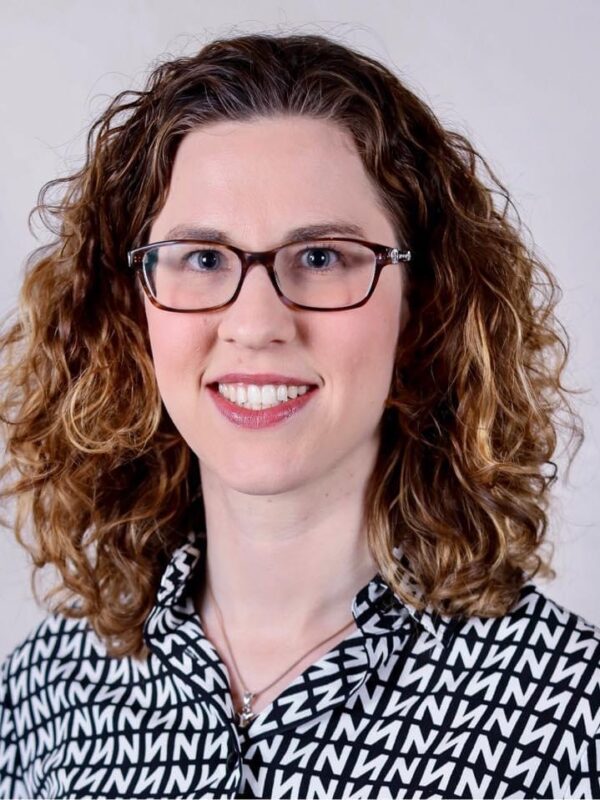
Amanda Achtman
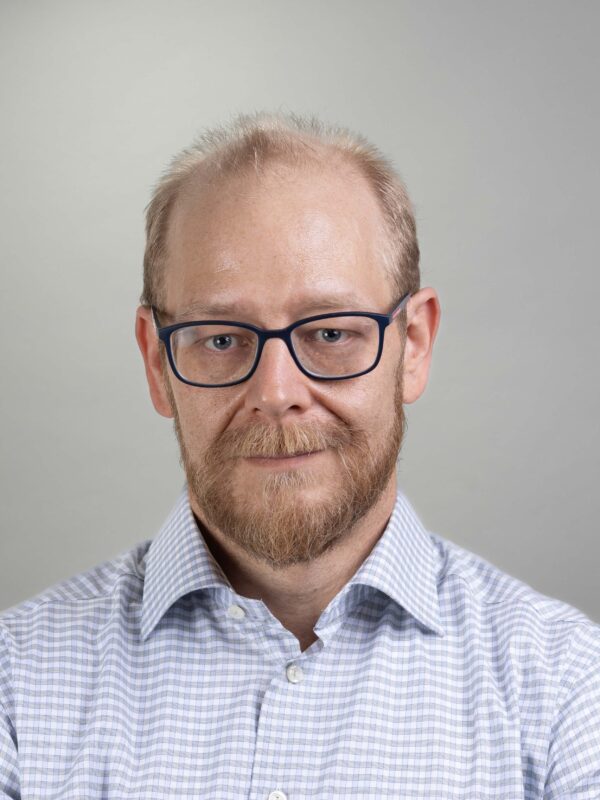
Christopher T. Haley
